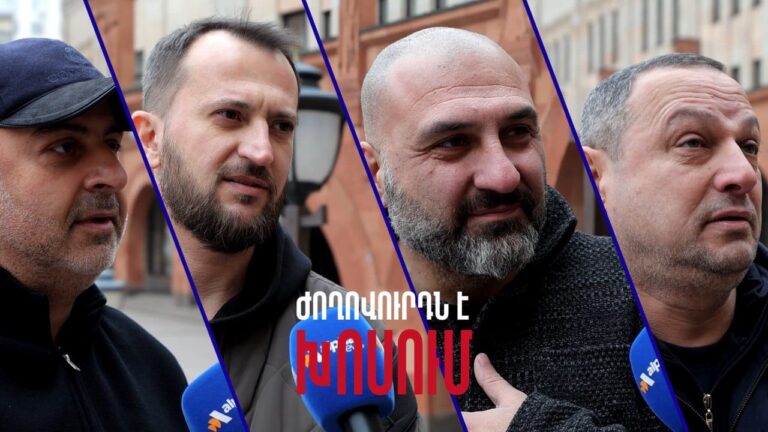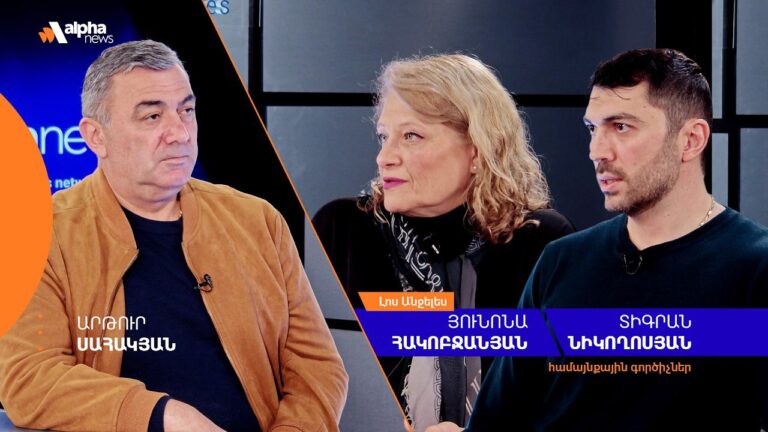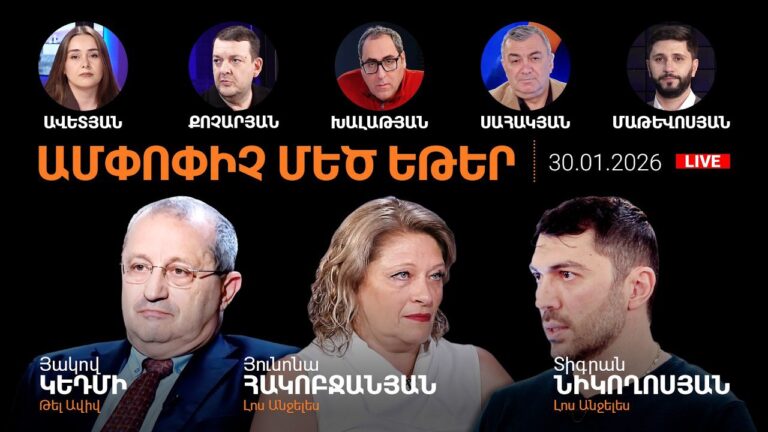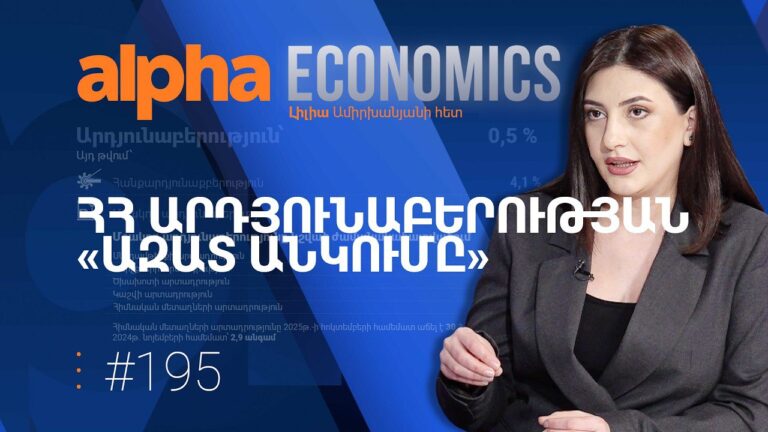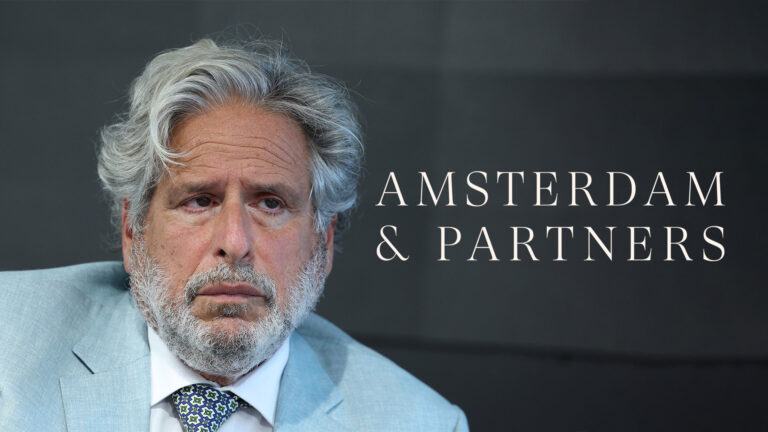The texts of Pashinyan and Erdogan are written by the same person?
April 25 2024, 12:55
“A new order is now being formed in the region. It is time to put aside baseless memories. It is better to act on the realities of the time. Pashinyan understands this too,” Turkish President Recep Tayyip Erdogan said on April 23.
On April 24, the same Erdogan issued a statement calling for addressing the events of 1915 “with reason and without hatred”.
“It is important to address historical events guided by reason, conscience, and science without giving way to radical rhetoric, otherizing, or hate speech,” he said.
On April 24, Nikol Pashinyan also delivered a message on the occasion of Armenian Genocide Day. Pashinyan stated that “the Armenian people have become victims of geopolitical intrigues and false promises.”
This message completely repeats the Turkish thesis that this was not a targeted genocide but just a police operation to pacify the Armenians who rebelled under foreign influence.
So, the blame is shifted from the perpetrator to the victim. It is not the Turks’ fault that they killed Armenians, but the Armenians’ fault because they believed some promises.
In his message, Pashinyan does not mention that this crime was a political act and was committed by the Turkish state.
Instead of the internationally recognized term “genocide”, Pashinyan uses the term “Meds Yeghern” more. He does not mention any state process aimed at recognizing the Armenian Genocide either.
The similarities between the messages of Erdogan and Pashinyan may make you think that the texts were written by the same person. We cannot verify this now, but it is impossible to overlook the obvious…
Earlier, we have already noted that the initiative of the Armenian authorities to “list” the victims of the Armenian Genocide is not a simple initiative that will lead to the establishment of a commission of historians to examine the facts of the Armenian Genocide. This is the initiative that will result in a discussion of the legality of the foundations of the modern Armenian state, which, in Ankara’s view, was created illegally and illegitimately as a result of “extraregional Russia’s intereference” with the realities of Transcaucasia, both in 1828 and in the 1920s.
This is where we are heading. Do not be surprised if, at some point, Pashinyan declares that “if you open the archives of the Ottoman Empire, you will find out that Russians committed genocide,” and Armenians themselves provoked the Young Turks with their behavior. In the end, Pashinyan’s Armenia will also ask Turkey for forgiveness for “creating the myth of the Armenian Genocide.”
Once again, we emphasize that Pashinyan will not stop. And what about others?
Think about it…

